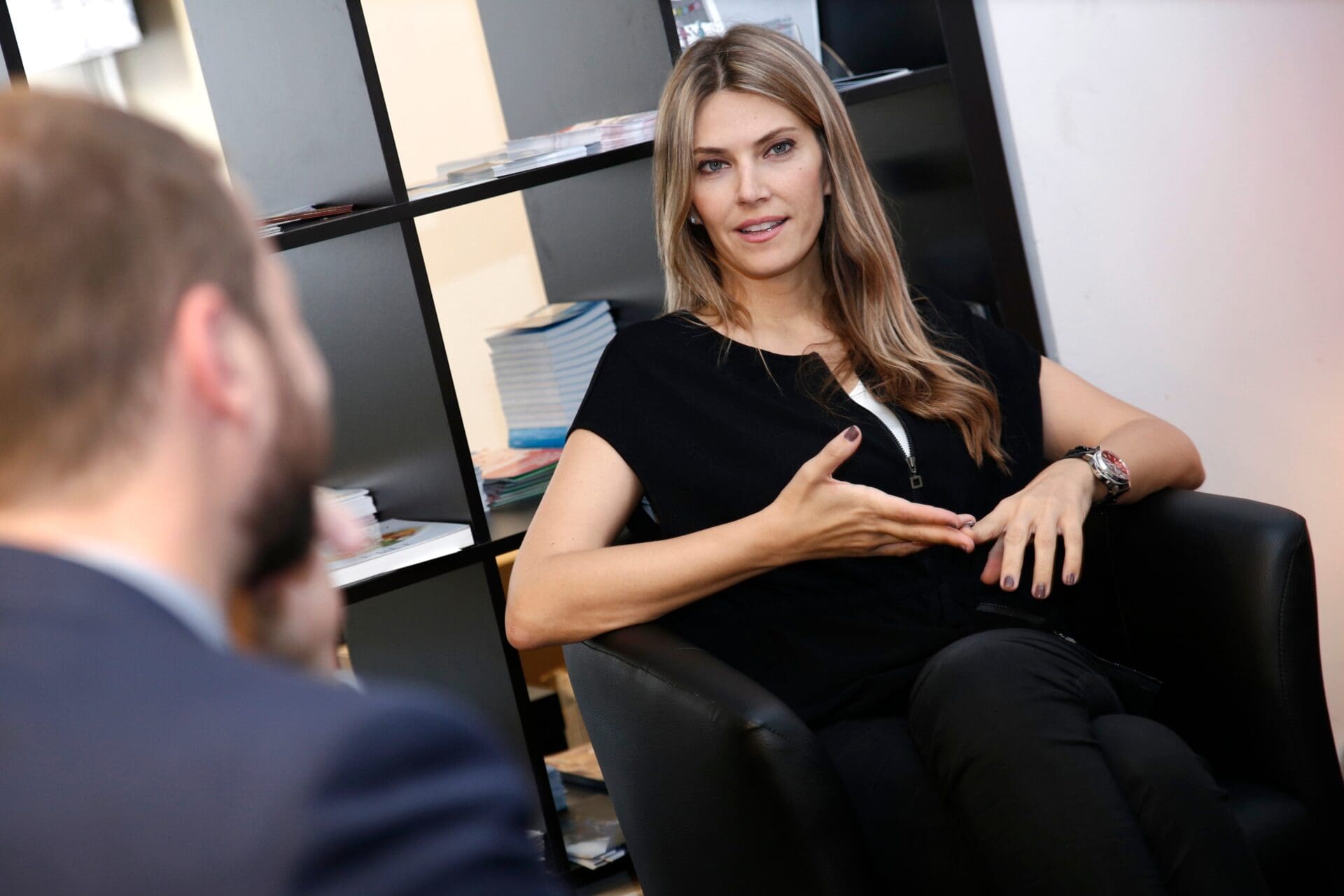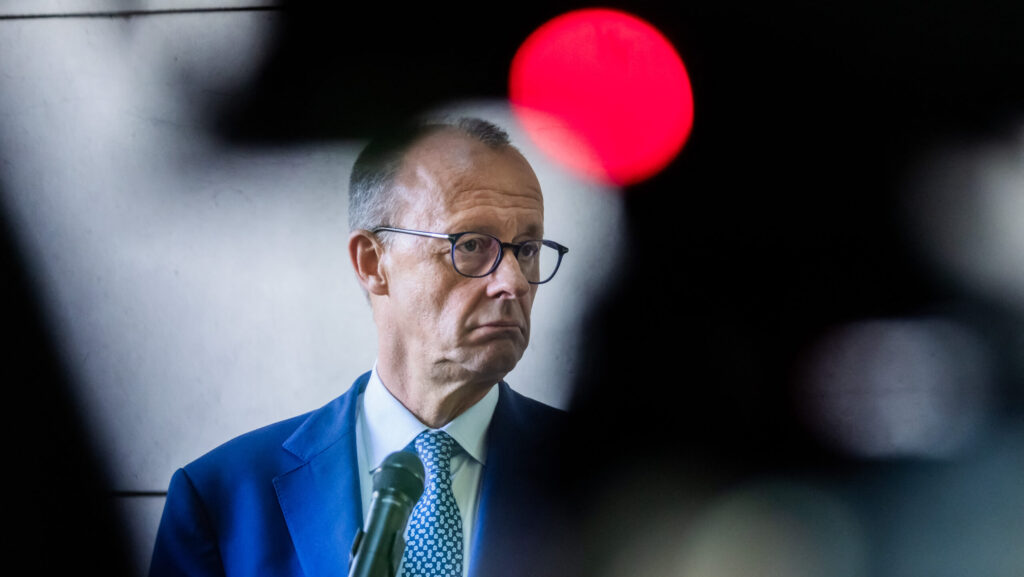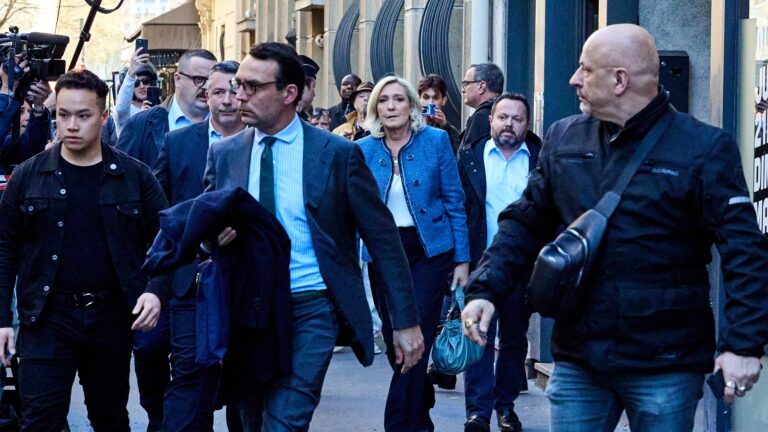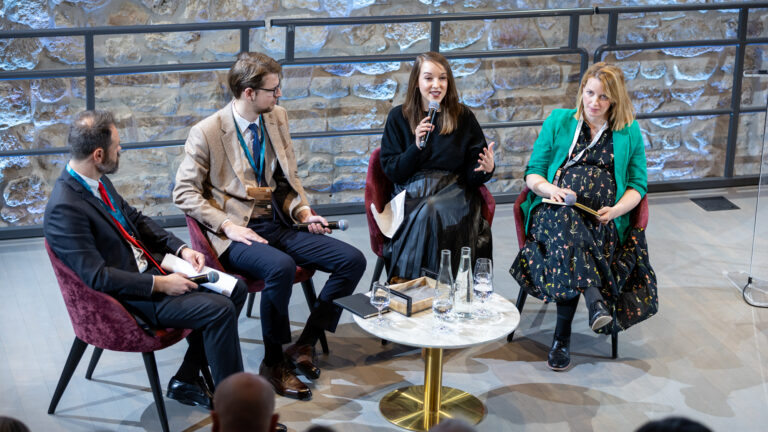Since late December, the EU is being shaken by one of the largest corruption scandals of its history. The scandal first erupted when evidence emerged that Qatar and Morocco bribed EU politicians (mostly former and current Members of the European Parliament) to influence legislation in their countries’ favour. Soon, an MEP and three others were arrested, some detained, while large amounts of cash seized as evidence. One of the arrested politicians, Greek Social Democrat MEP Eva Kaili, who was caught red-handed by the Belgian police, has since been removed as a vice-president of the EP. Due to the scandal, all legislation in relation to Qatar was suspended. The suspension concerns mainly an aviation agreement between Qatar and the EU and another piece of legislation concerning the visa liberalisation of Qatari and Kuwaiti citizens to the EU – as we have written earlier.
The newest chapter of the scandal started earlier this week, when the Belgian police requested the European Parliament to lift the immunity of two more MEPs. Albeit the two MEPs are not officially named to the public, according to The Financial Times, they are likely to be two Socialist MEPs, Andrea Cozzolino from Italy and Marc Tarabella from Belgium. Andrea Cozzolino is chair of the Delegation for relations with the Maghreb countries (that include Morocco). Cozzolino took over from Antonio Panzeri, who is also implicated in the scandal. Parliamentary President Roberta Metsola urged the European Parliament to lift the immunity of the involved MEPs to help the police’s investigation. Lifting the immunity of MEPs is not an easy process, however: it can be done only after confidential proceedings and a vote in the parliament, so it is unlikely to happen before February 13. The process also allows the accused MEPs to state their defence. MEPs are granted immunity so that they can freely speak without worrying of politically- motivated prosecution. MEPs are not above the law, however—if they commit a crime, their immunity can be lifted so that their cases can be investigated.
The more evidence becomes available about the scandal, the thicker the plot gets.
The detained Eva Kaili’s husband, Francesco Giorgi is also embroiled in the bribery scandal. Giorgi’s former boss is ex-MEP Pier Antonio Panzeri, who has also been charged with corruption. While Giorgi confessed to the police that he had handed over cash to Panzeri, Kaili denies any wrongdoing. Kaili has applied for release from custody and being placed under electronic surveillance, but after reviewing her case, the Belgian court rejected her request. Her pre-trial detention has also been extended by one month. In the meantime, Kaili’s father, Alexandros Kailis was also arrested in Brussels with a suitcase containing €750,000 in cash, however, he was released without being charged.
The thickening corruption plot demonstrates the culture of non-answerability of the European Parliament. The usual procedures of democratic accountability, such as petitions and demonstrations against politicians involved in wrongdoing are not applicable on the European level, as there is no such things as a ‘European civil society’—civil society is a feature of nation states, not of supranatural communities. Without a civil society, organizing demonstrations or petitioning in an effective way that would contribute to actually holding MEPs (or any other European politician for that matter) accountable is very difficult, if not impossible. Without the people’s ability to hold their representatives accountable, democracy is hollow, and so are the institutions of the European Union. The corruption scandals of the EP make the real democratic deficit of EU institutions visible for European citizens, contributing to increased disappointment with the system as it is today.
Read Next








